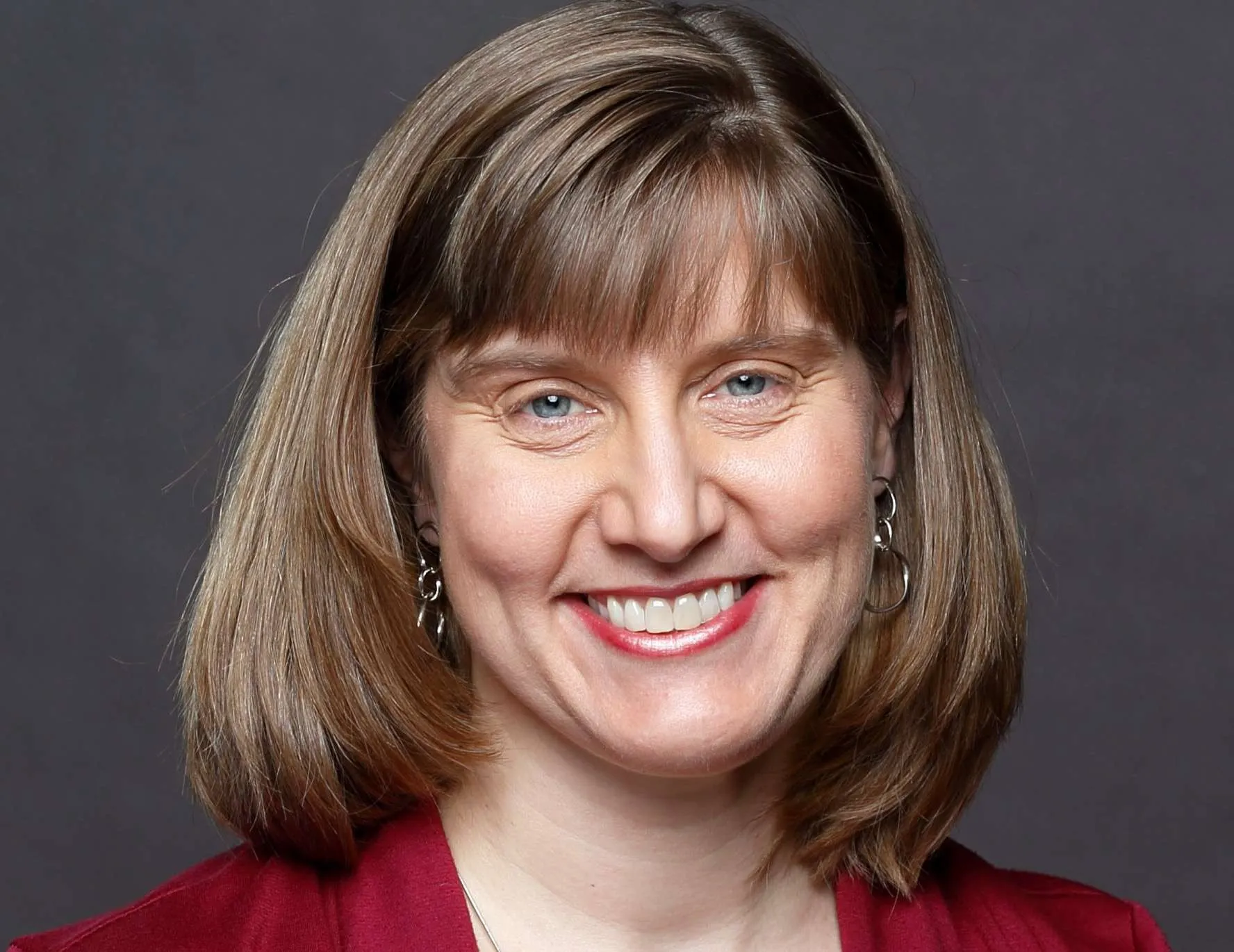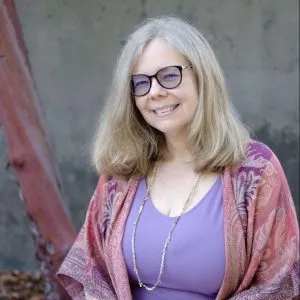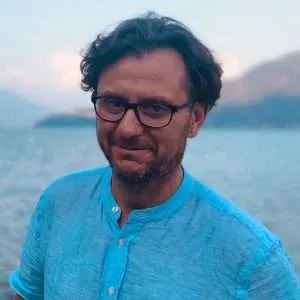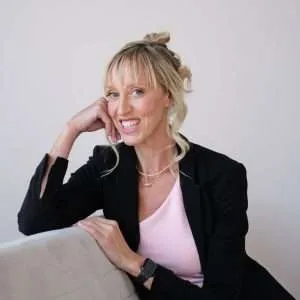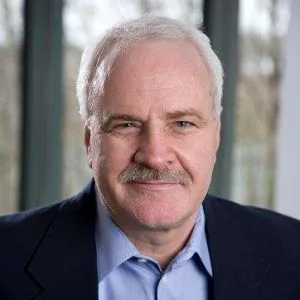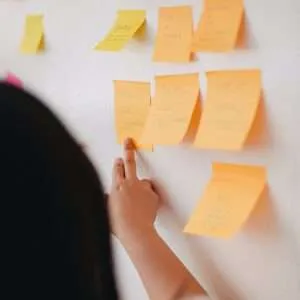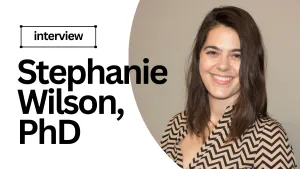Editorial Note:
This profile of Melissa S. Fry, PhD is brought to you through a partnership between the Association for Applied and Clinical Sociology (AACS) and Applied Worldwide. Thank you to AACS and all those who made valuable contributions to the Profiles in Applied & Clinical Sociology series.
This profile is presented with the intentions of: 1) providing students with examples of applied sociology, 2) providing market value to sociological skills and services, and 3) promoting the work of individual sociological practitioners and organizations. You can learn more about AACS at AACSnet.net.
Melissa S. Fry, PhD
Mellisa S. Fry holds a B.A. in Sociology with a Concentration in Gender and Women’s Studies from Grinnell College, a M.A. in Sociology from the Center for Research on Women at the University of Memphis, and a Ph.D. in Sociology from the University of Arizona. She is “the Director of the Applied Research and Education Center at Indiana University Southeast [and employs] a team of undergraduate students to provide consulting research services to nonprofit organizations, local coalition efforts, and government entities.” The work Dr. Fry does with students via the Applied Research and Education center is wide-ranging and “includes issue-based research, program evaluation, facilitation of strategic planning, asset mapping and needs assessment, and occasionally more traditional research studies on populations served by local organizations or on the impacts of a random assignment intervention.” Services offered by the center include “consulting research, facilitation, and strategic planning support.”
When we asked Dr. Fry how she established herself as an applied and clinical sociologist, she said:
“I left academia for four years, worked as a research and policy associate in a nonprofit organization, and then returned to a hybrid position that includes traditional classroom teaching and teaching through applied research as the Director of the Applied Research and Education Center.”
Dr. Fry said the center and her department offer future employment opportunities for other sociologists. She specified, “we’re an academic institution, but also need to continue to support a Bachelor of Science in Sociology that is more applied. With this in mind, we would look for the traditional academic qualifications, but also for experience in or focus on applied community based research.”
Read the full interview with Dr. Fry to learn more about her inspiring work in her community below!
Using Sociology in Practice
In general, how do you use sociology in practice?
As the Director of the Applied Research and Education Center at Indiana University Southeast, I work with undergraduate students to provide consulting research services to area nonprofit organizations and government entities. Our work generally falls in three buckets: program and project evaluation, issue-based research to support community efforts, and research to support strategic planning and program or project development (asset mapping and needs assessment).
I have to be a bit of a generalist as our projects cut across a wide range of topics, but all of them are about affecting the community system at key leverage points. For example, we have done a lot of evaluation work on substance abuse prevention efforts. In a region hard hit by the opioid epidemic, and meth and crack before that, prevention strategies are a commonly engaged strategy for effecting change. These strategies alone, cannot tackle addictions, but they can shape youth attitudes and can help youth develop healthy relationships and effective coping mechanisms for managing life’s stressors.
In the area of early care and education, we provided a community coalition with a review of relevant research and placed data in the context of that research to make the case for pursuing expanded access to early care and education in our region. We publish our work in attractive reports that draw the attention of local decision-makers. We released the work in four short research briefs and as a full report to accommodate different needs and uses.
In 2015 we did a similar report on homelessness, but in that case, the research was used to facilitate a research informed community strategic planning process. The final published report wove together the background research, local data, and the strategic plan developed by a committee of folks who represented various parts of the community.
A two-county survey assessing needs and priorities led to a report profiling strengths and opportunities across various parts of the community system. That work also generated a report on the Nonprofit Sector in the region, a map appendix , and interactive service map still in use by local service providers. We are now in the process of updating that study.
I have the opportunity to work with other faculty on their community-based research. My experiences in the community have helped me develop facilitation and strategic planning skills that are useful to efforts to bring the University’s tools and resources into community planning and implementation efforts. In some cases, this allows faculty from other parts of campus to expand on what they are doing by having the Applied Research and Education Center assist with data collection, management, and analysis, and by having me facilitate their interactions and efforts with community partners.
How do you use sociological research methods in practice?
I regularly use survey research methods, focus groups, semi-structured interviews, program observations, and quasi-experimental evaluation methods.
How do you use sociological theory in practice?
Much of my work uses systems thinking to map and identify leverage points in community systems. My work builds on the work of Jane Addams and W.E.B. DuBois, honoring practice and community-based knowledge. I am an institutionalist rooted in a conflict-oriented approach to understanding the role of power in shaping institutions and the role of institutions in reproducing power. I combine these traditions to consider effective strategies for institutionalizing practices that empower communities to develop systems that can produce shared prosperity and resilience. In concrete ways, these traditions inform my use of facilitation, focus groups, interviews, and surveys to give voice to diverse community actors and to compile information and perspectives from varied sources. Theory drives the choice of methods depending on the research questions at issue. And of course, I use theory to understand and explain findings.
Lessons for Future Practitioners
What types of courses should undergraduate students take in preparation for a career in your type of practice?
In addition to traditional sociology courses, I encourage skills courses that expand the researchers toolkit: database management, using Access to build relational databases, Geographic Information Systems, Systems Thinking, and for thinking about how to make your research digestible to diverse public audiences, I encourage a data storytelling or social media campaigns course.
What types of courses should graduate students take in preparation for a career in your type of practice?
The same things I recommend for undergraduates if you have not already taken them, but also perhaps venture into data science courses. Build the strongest qualitative and quantitative methods toolkit you can to help you bring more options to answering the research questions that come your way. But also, learn how to communicate research to diverse audiences. Watch for courses in translation science, communications, and social media that can help you get solid research into the hands of a broader public.
What types of experiences should undergraduate students seek in preparation for a career in your type of practice?
Internships with think tanks and advocacy organizations (state and local level).
What types of experiences should graduate students seek in preparation for a career in your type of practice?
Internships with think tanks and advocacy organizations (national), or state or federal government research offices.
What texts or authors can people reference to learn more about the work you do as an applied or clinical sociologist?
Nicholas Longo has written some useful pieces on community engaged Sociology. Randy Stocker has a book on Research Methods for Community Change that I think is very useful. Michael Quinn Patton’s work on evaluation is “go-to.” An emerging literature in community engaged applied scholarship is useful, and getting better all the time.
How would you describe the daily life of an applied or clinical sociologist?
Busy. My research and teaching schedule offers very little time to sit and ponder or dive down a rabbit hole of research. I’m not sure how to build the time back in, but I need to find a way to do more reflection and to produce more writing that can feed my experiences back into the field of sociology and into the training of graduate students who plan to pursue research outside of academia.
What advice do you have for aspiring applied and clinical sociologists?
Listen more than you speak. People have so much to teach us if we just listen.

